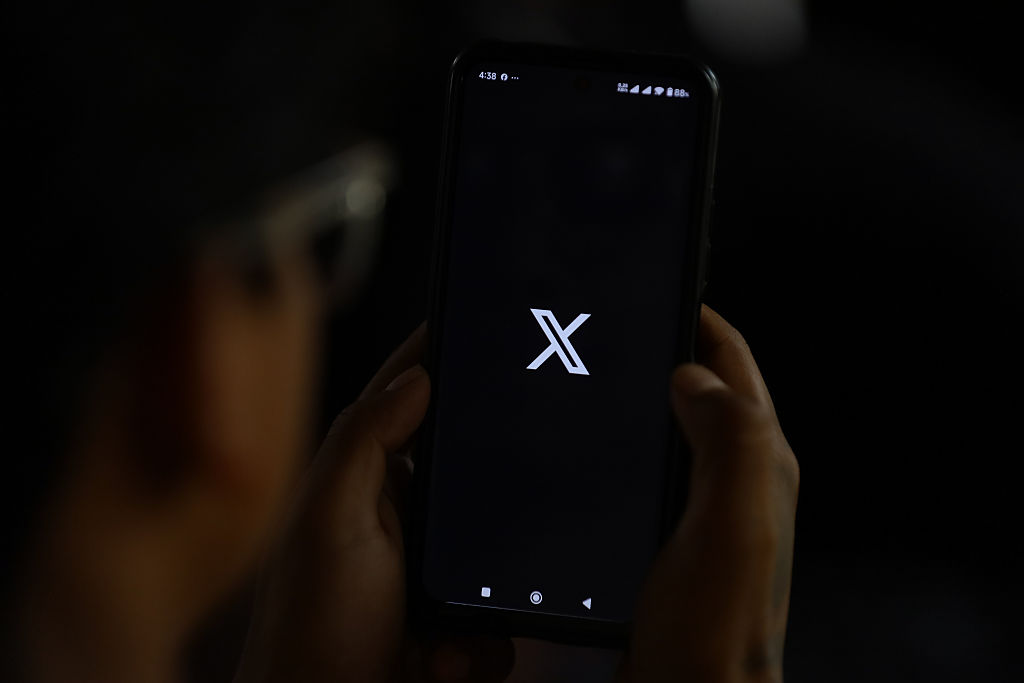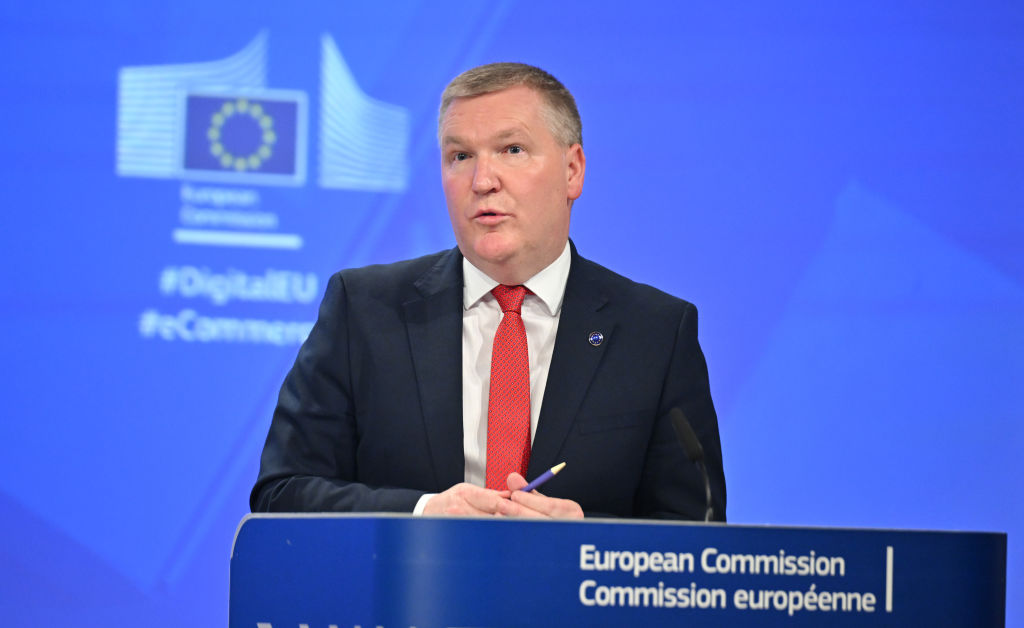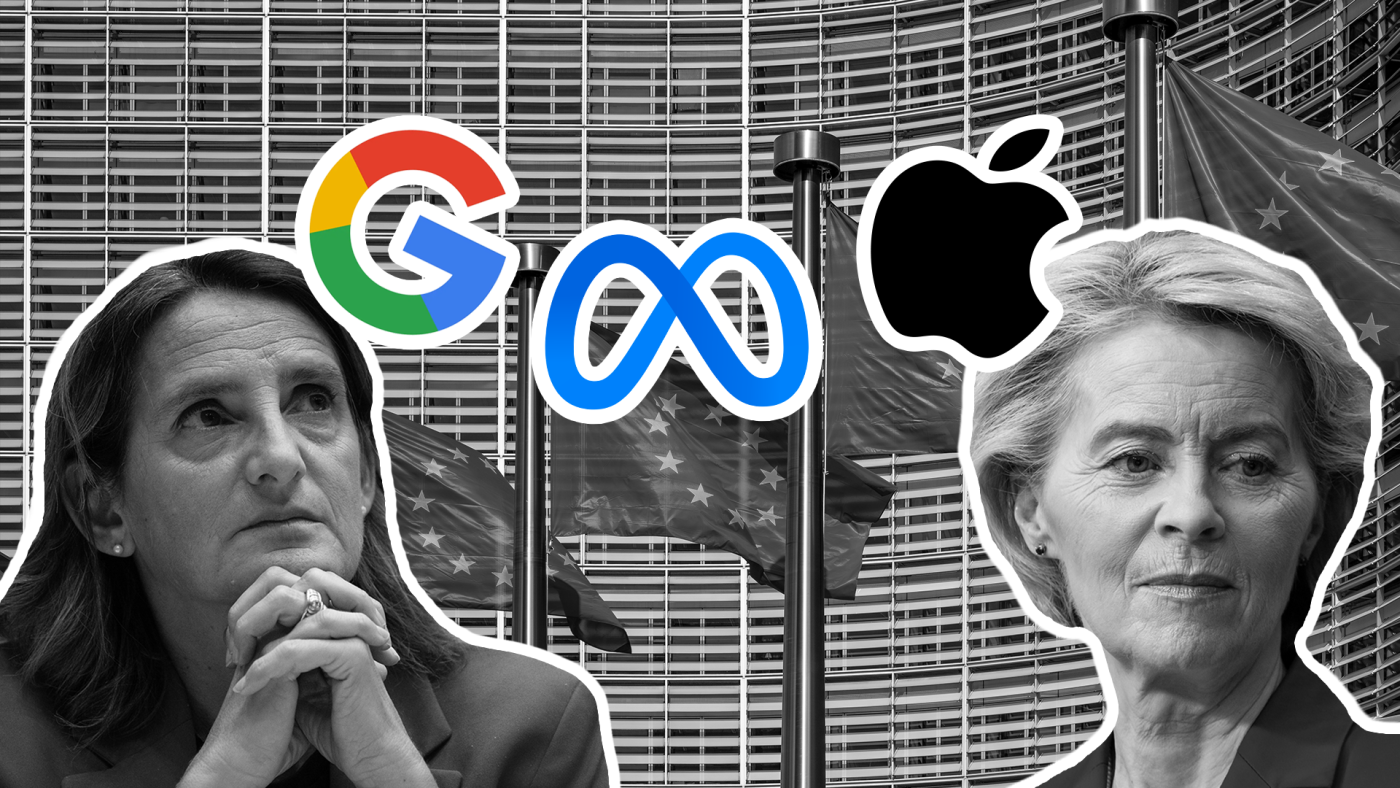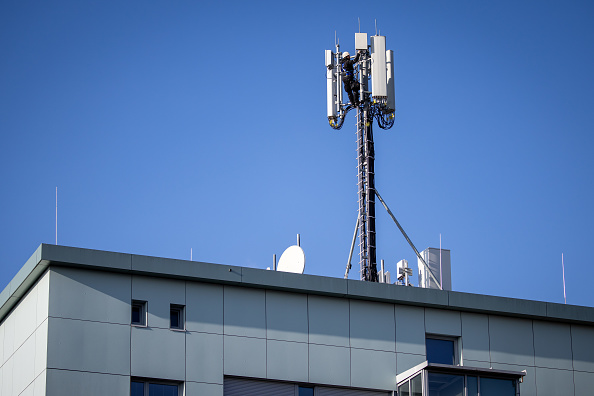French telecoms operators submit joint plan for four-to-three merger
It remains unclear whether the Commission's competition department would approve such a merger without conditions
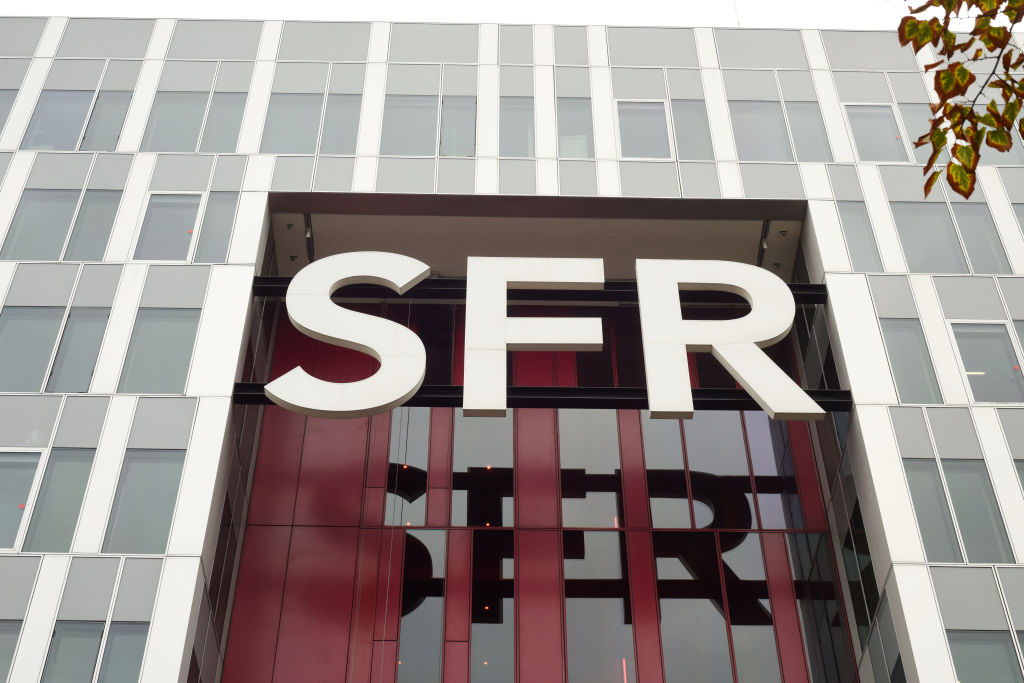
In a landmark move, France’s three major telecom operators – Orange, Bouygues Telecom, and Free – agreed on a non-binding €17 billion plan to acquire their fourth competitor, SFR, in a bid to reduce competition and boost profits, according to a joint press release published on the evening of 14 October.
Under the agreement, Bouygues Telecom would acquire 43% of SFR’s assets, Free would acquire 30%, and Orange – France’s largest operator – would acquire the remaining 27%.
If the merger is finalized, SFR’s business clients would be divided between Bouygues Telecom and Free, with the majority going to Bouygues Telecom, according to the company’s statement.
The distribution of SFR’s 15,000 mobile towers, spectrum licences, and end-user base would also be split among the three operators. Bouygues Telecom would exclusively acquire SFR’s mobile network infrastructure in less densely populated areas, the announcement added.
XP Fibre, SFR’s fibre network in less dense areas, and Intelcia, SFR’s subsidiary in Morocco, are not included in the deal.
The deal still requires approval from SFR’s majority owner, billionaire Patrick Drahi, whose company Altice will continue to hold a 55% stake in the operator until the three companies submit a binding offer.
If approved, the agreement would then be subject to scrutiny by the European Commission’s competition department, which may impose structural remedies before giving the green light.
Although the Commission has recently shown openness to the views expressed by Mario Draghi and Enrico Letta, two former prime ministers of Italy who both argued for greater national consolidation in telecommunications markets, it remains unclear whether the Commission’s competition department would approve such a merger without conditions.
The Commission is currently reviewing its merger control guidelines, raising hopes among major operators that the rules could be relaxed.
However, during her ten-year tenure as competition commissioner, Margrethe Vestager opposed most four-to-three telecom mergers and imposed remedies to maintain at least four operators in national markets. This was the case as recently as 2024, when the Commission approved the merger between Orange and Spain’s MásMóvil only after spectrum bandwidths were divested to Romanian competitor Digi.
(cm)
